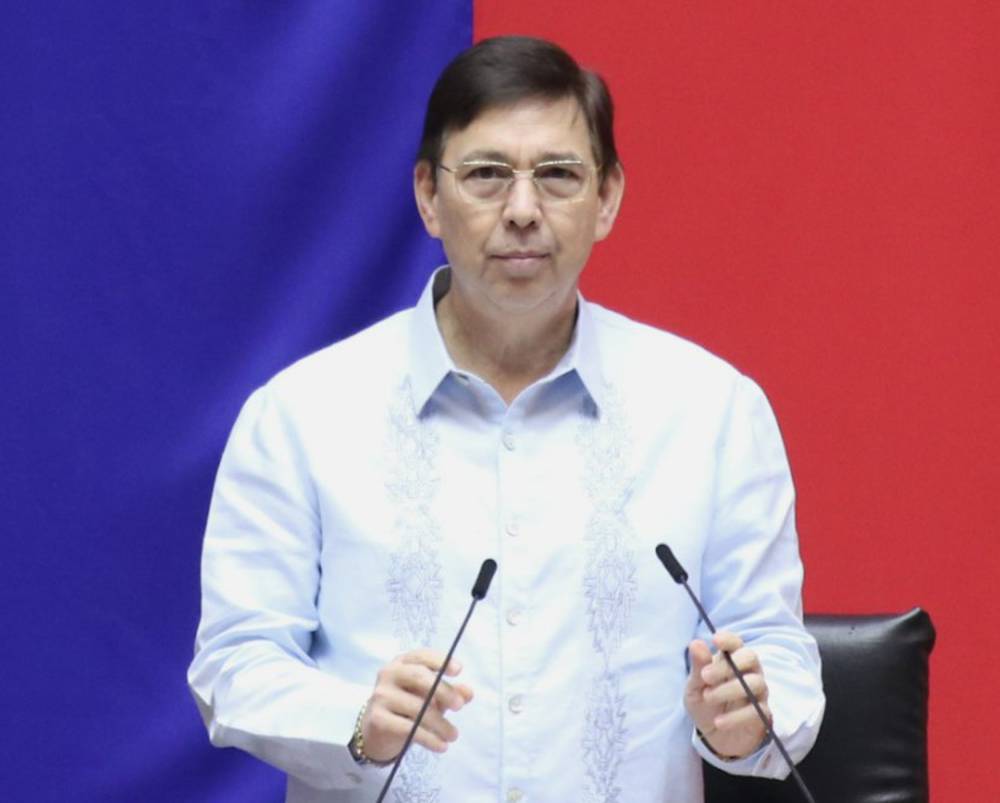Recto: Congress or SC can stop PhilHealth fund transfer

Finance Secretary Ralph Recto assured senators on Tuesday that he would stop the transfer of P89.9 billion in unused subsidies from the Philippine Health Insurance Corp. (PhilHealth) to the national treasury should Congress or the Supreme Court issue such an order.
“We will abide by the decision of the Supreme Court, or even by Congress…if Congress passes a law telling us to stop and give back the money, we will do so. If the Supreme Court says the same thing, we will do so,” Recto said during the Senate committee meeting on the 2025 budget of the Department of Finance (DOF) and its attached agencies.
In compliance with a special provision under the 2024 General Appropriations Act, the DOF issued Department Circular No. 003-2024 directing PhilHealth, among other government-owned and controlled corporations (GOCCs), to remit to the national treasury its unutilized subsidies to fund the government’s unprogrammed appropriations.
Health advocates earlier filed before the Supreme Court a petition questioning the constitutionality of the fund transfer. Other critics argued that the PhilHealth funds should be used to increase the benefits of members.
But Recto reiterated the DOF was only adhering to Congress’ order under the General Appropriations Act of 2024.
Remittances to go on
“There is no TRO (temporary restraining order),” he noted, adding that the scheduled third batch of remittance amounting to P30 billion from the state insurer to the national treasury on Oct. 16 would push through.
According to him, out of the P89.9 billion intended fund transfers, a total of P30 billion has already been remitted to the Bureau of Treasury.
In a joint statement on Tuesday, Recto’s predecessors expressed their support for the DOF order on the fund transfer citing its “substantial benefits” to the public.
“Mobilizing these excess funds will enable important public projects that can strengthen our economy and ensure long-term gains through more jobs, higher incomes, and reduced poverty,” former finance chiefs Cesar Virata, Roberto de Ocampo, Jose Pardo, Alberto Romulo, Jose Isidro Camacho, Margarito Teves, and Cesar Purisima said.
They added that it was better to use excess funds instead of imposing additional taxes or increasing public debt, adding that “taxpayers are effectively paying interest on these idle, unused funds that are benefiting no one.” — WITH A REPORT FROM MARIEDEL IRISH U. CATILOGO

















